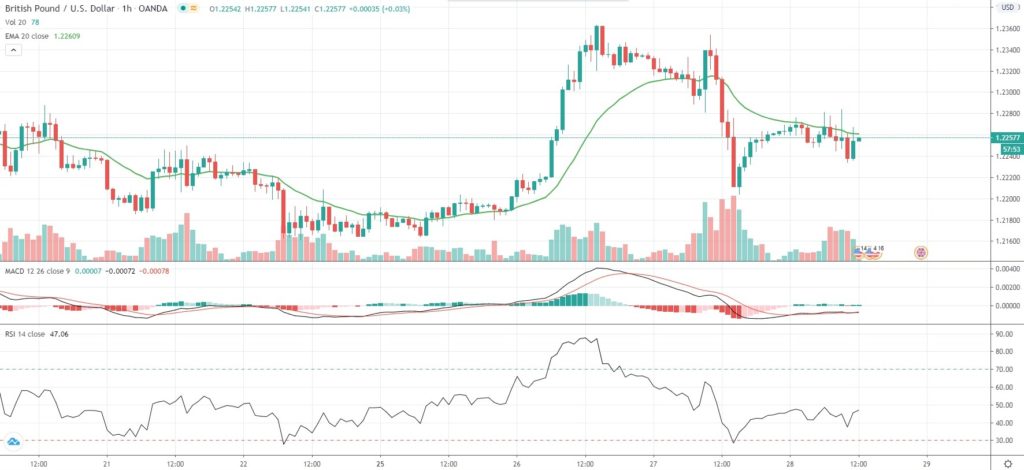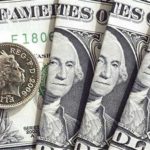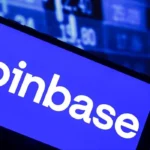GBP/USD edged lower for a second straight day on Thursday, while trading not far from yesterday’s closing level (1.2260), after reports emerged that Brexit negotiations were at a fundamental impasse. Additionally, the Pound was still pushed down by speculation over negative interest rates.
A report by the Times newspaper earlier on Thursday stated that UK Prime Minister Boris Johnson would resume talks in person in Brussels in June, while his government firmly backs the stance of no transition period extension.
As far as negative interest rates were concerned, another topic that has mounted pressure on the Sterling recently, Bank of England Governor Andrew Bailey said yesterday that the bank’s Monetary Policy Committee was right to consider sub-zero rates.
“The Bank stands ready to do whatever we can to support UK households and businesses during this period of economic disruption and get through this together,” Bailey said.
“In view of the risks we face, it is of course right that we consider what further options, such as cutting interest rates into unprecedented territory, might be available in the future. But it is also important that we consider very carefully the issues that such choices would give rise to,” he added.
Last week Bailey said that he was less opposed to using policy tools such as negative rates than he was before the pandemic. However, he also stressed on the many “mixed reviews” about the benefits negative rates had brought to other economies.
When approached with the topic in a question-and-answer session on Wednesday, Bank of England policy maker Michael Saunders responded: “We review our policy toolkit, all aspects of it, on a regular basis, and so if we have got more to say on that, we will say so.”
As of 11:54 GMT on Thursday GBP/USD was down 0.06% to trade at 1.2253, after earlier touching an intraday low of 1.2234.
In terms of economic calendar, today market players will be paying attention to the second US GDP estimate for Q1, scheduled to be reported at 12:30 GMT. It may show that economy contracted at an annualized rate of 4.8% during the first quarter, according to market consensus, while confirming the preliminary estimate. If so, it would be the sharpest rate of contraction since Q4 2008. In Q4 2019, US GDP rose 2.1%, according to final data.
Also at 12:30 GMT the US Labor Department will report on jobless claims. The number of people in the country, who filed for unemployment assistance for the first time during the business week ended May 22nd, probably eased to 2,100,000, according to expectations, from 2,438,000 in the preceding week. The latter has been the lowest number of claims since mid-March.
At 14:00 GMT the National Association of Realtors will report on US pending home sales. Contracts to buy previously owned homes in the country probably decreased 15.0% in April compared to March, according to estimates. In March, pending home sales plunged 20.8%, or at the steepest monthly rate since May 2010. In annual terms, pending home sales went down 16.3% in March, or the most since April 2011, due to the coronavirus crisis.
Bond Yield Spread
The spread between 2-year US and 2-year UK bond yields, which reflects the flow of funds in a short term, equaled 21.6 basis points (0.216%) as of 10:15 GMT on Thursday. It has been the lowest spread since May 26th (19.4 basis points).
Daily Pivot Levels (traditional method of calculation)
Central Pivot – 1.2273
R1 – 1.2341
R2 – 1.2423
R3 – 1.2491
R4 – 1.2560
S1 – 1.2191
S2 – 1.2123
S3 – 1.2042
S4 – 1.1960






